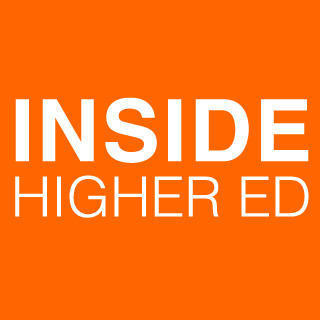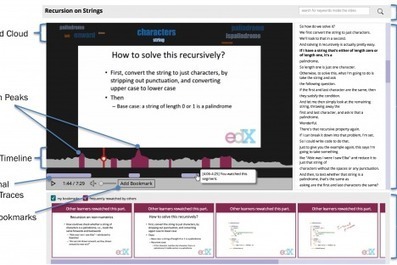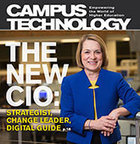In a paper published this spring, the CSAIL team outlined some key findings on what online learners want from videos. These include:
Brevity (viewers generally tune out after six minutes)
Informality, with professors seated at a desk, not standing behind a podium
Lively visuals rather than static PowerPoint slides
Fast talkers (professors seen as the most engaging spoke at 254 words per minute)
More pauses, so viewers can soak in complex diagrams
Web-friendly lessons (existing videos broken into shorter chunks are less effective than ones crafted for online audiences)




 Your new post is loading...
Your new post is loading...




















